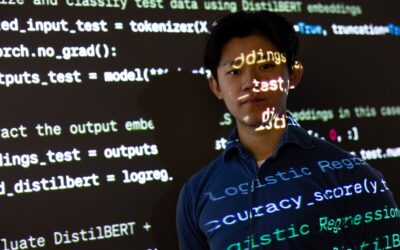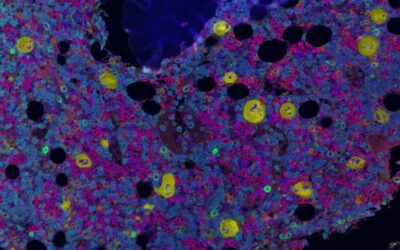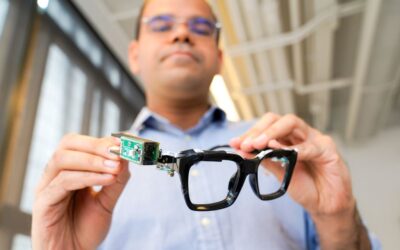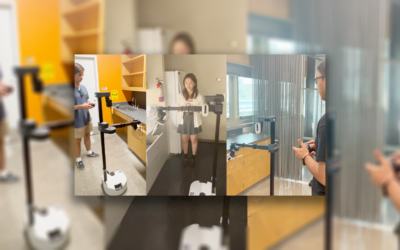Students are experimenting with generative artificial intelligence in everything from essay writing to computer code creation.
Cornell AI News
News Category
Filter by Topic
AI-generated images map visual functions in the brain
Researchers have demonstrated the use of artificial-intelligence-selected natural images and AI-generated synthetic images as neuroscientific tools for probing the visual processing areas of the brain.
Big-data study explores social factors affecting child health
A Weill Cornell Medicine-led research team used an AI-based approach to uncover patterns among conditions in which people are born, grow, work and age, called social determinants of health, and then linked each pattern to children’s health outcomes.
Researchers chart the contents of human bone marrow
A team at Weill Cornell Medicine has mapped the location and spatial features of blood-forming cells within human bone marrow, confirming hypotheses about the anatomy of this tissue and providing a powerful new means to study diseases that affect bone marrow.
Glasses use sonar, AI to interpret upper body poses in 3D
Throughout history, sonar’s distinctive “ping” has been used to map oceans, spot enemy submarines and find sunken ships. Today, a variation of that technology – in miniature form, developed by Cornell researchers – is proving a game-changer in wearable body-sensing technology.
Doellgast research offers insight into AI protections for workers
Taking lessons from Germany and Norway, Professor Virginia Doellgast demonstrates how different tactics can be used to protect workers from algorithmic management and AI technology abuses.
Cisco Research, Cornell Bowers CIS announce partnership
Cisco Research is providing funding for six research projects that will further the college’s leadership in AI and point the way toward innovative solutions to challenges surrounding the use and development of AI models
When robots imitate life: Project explores better way to train AI
Using a new strategy called superhuman imitation learning, Sanjiban Choudhury, assistant professor of computer science, aims to train home robots more efficiently.








